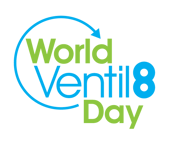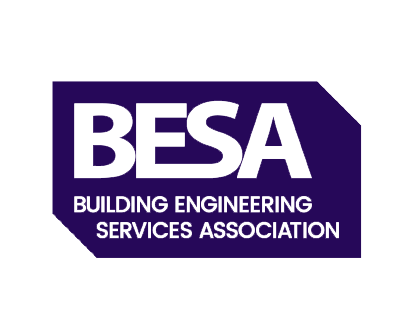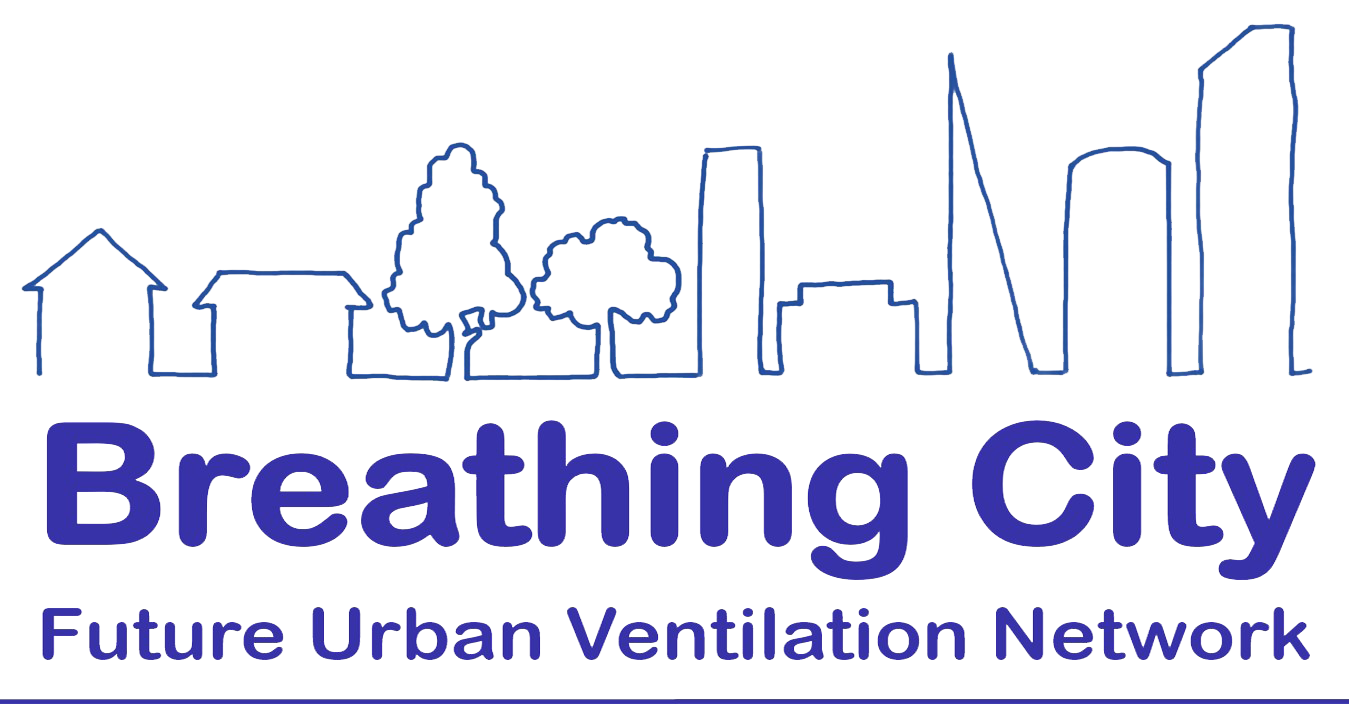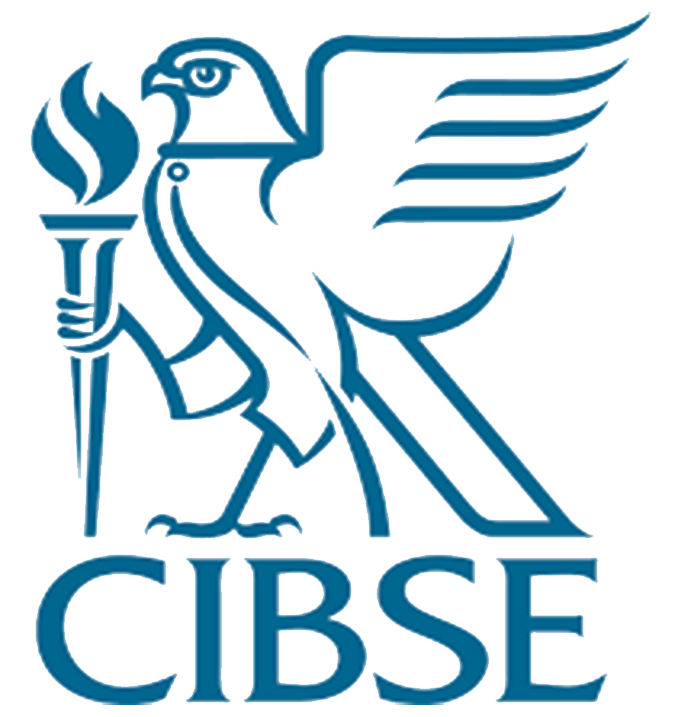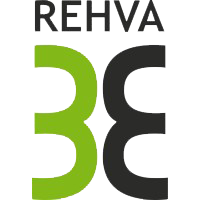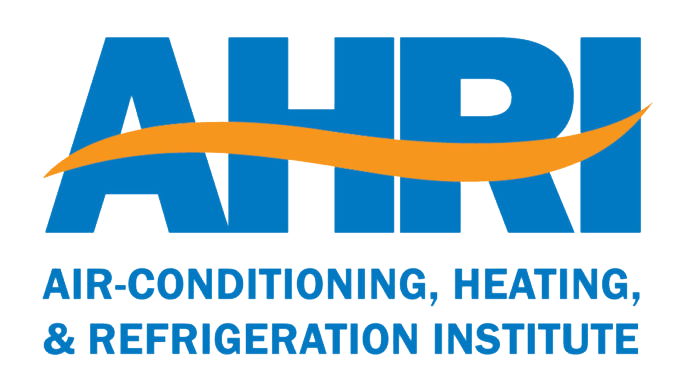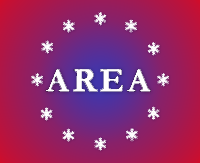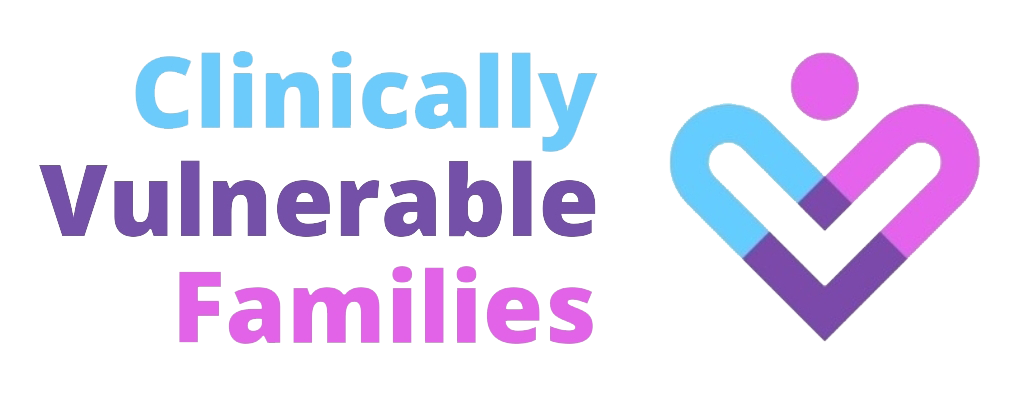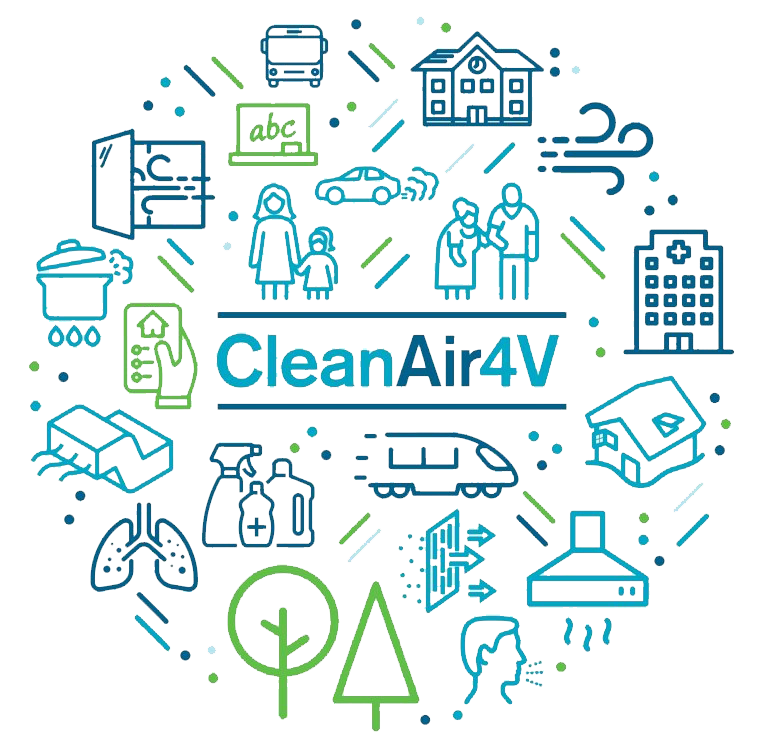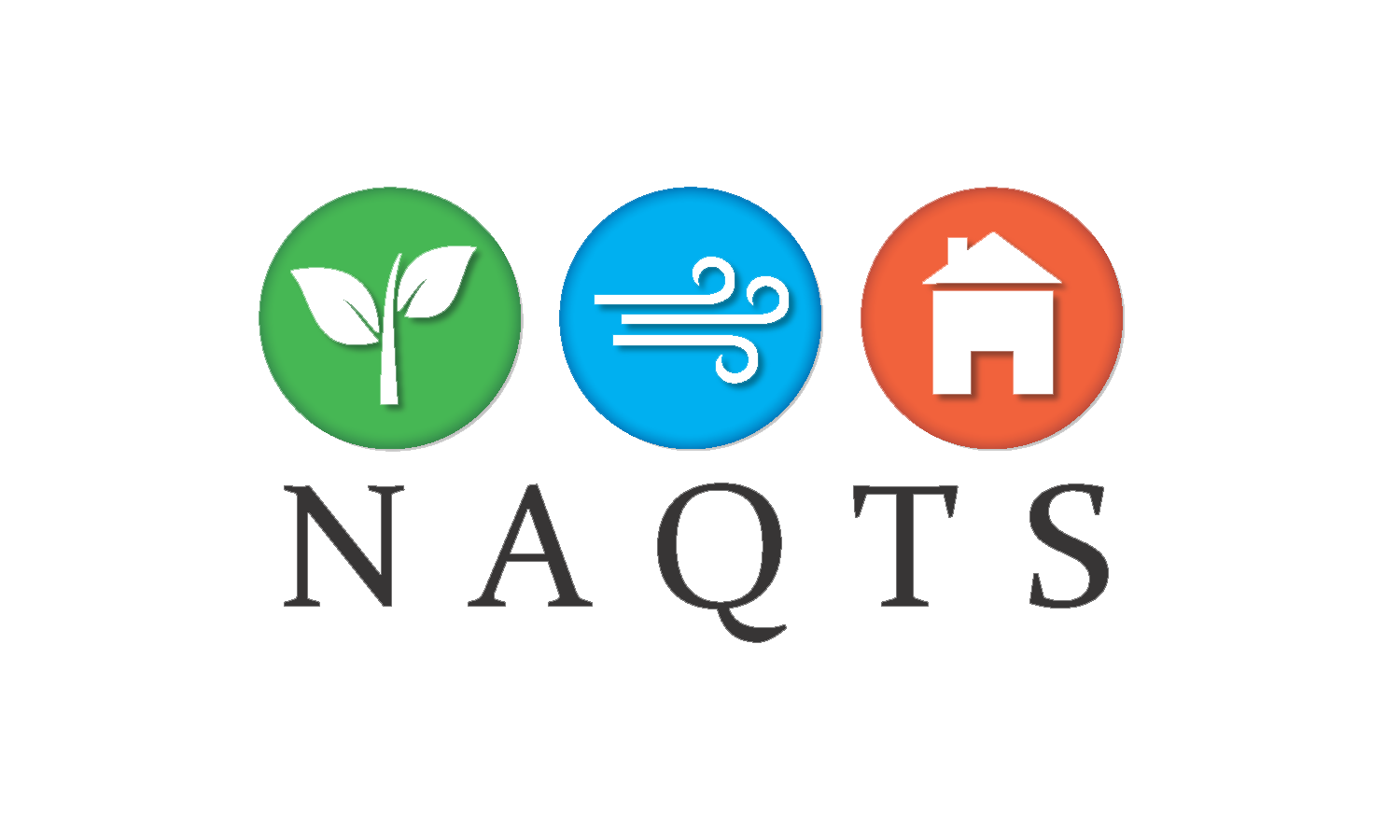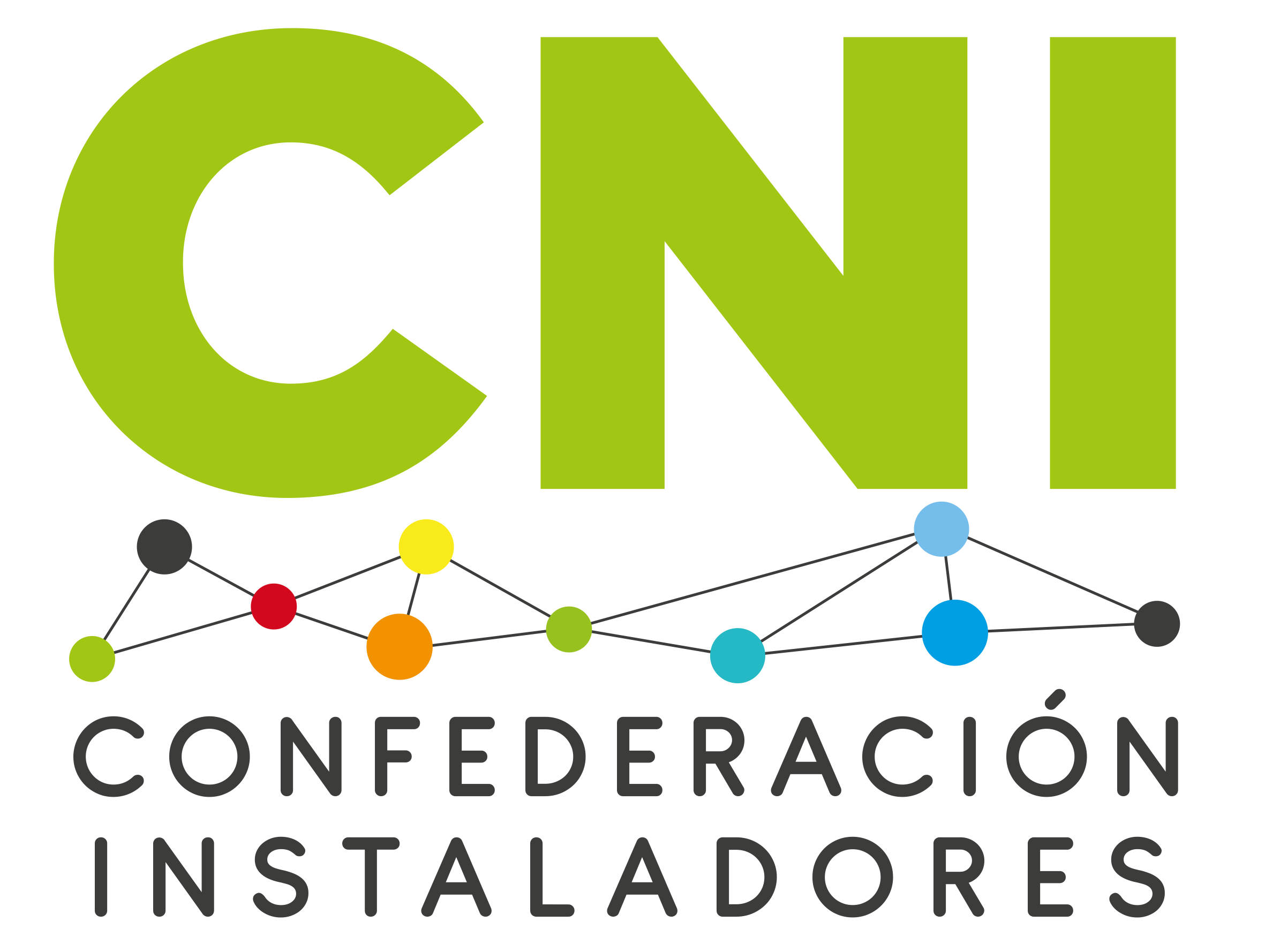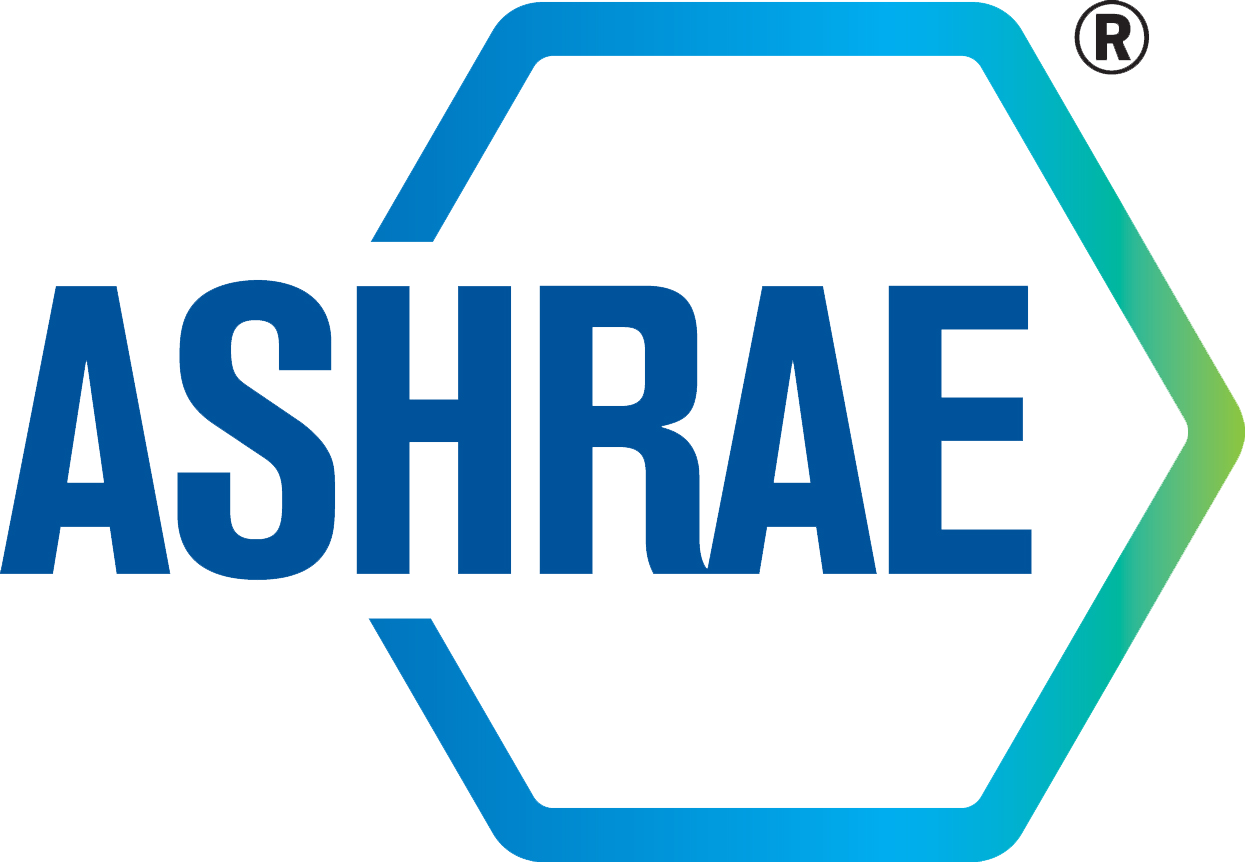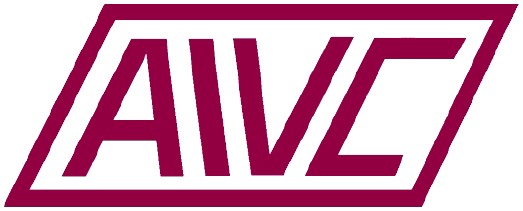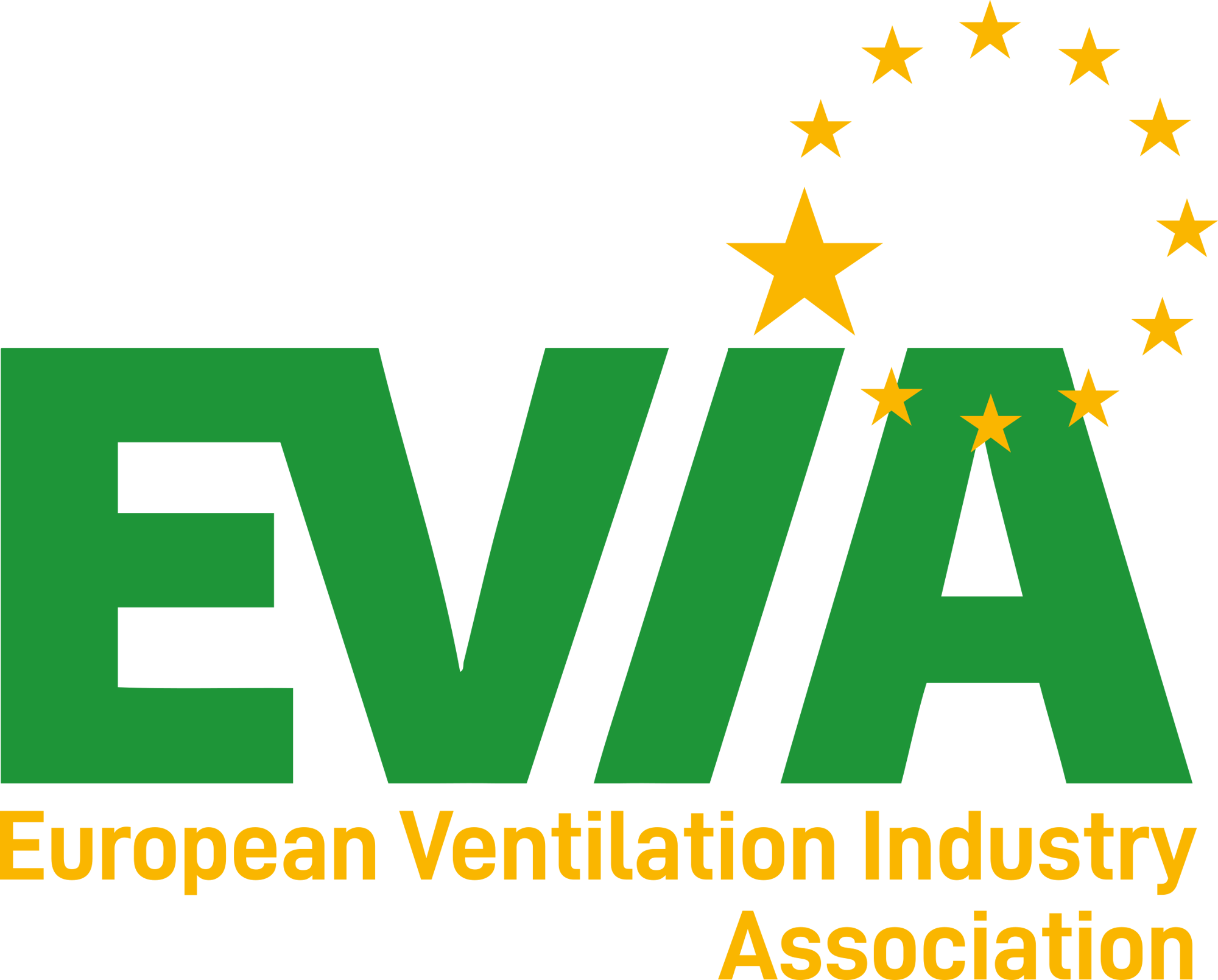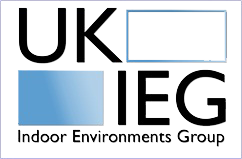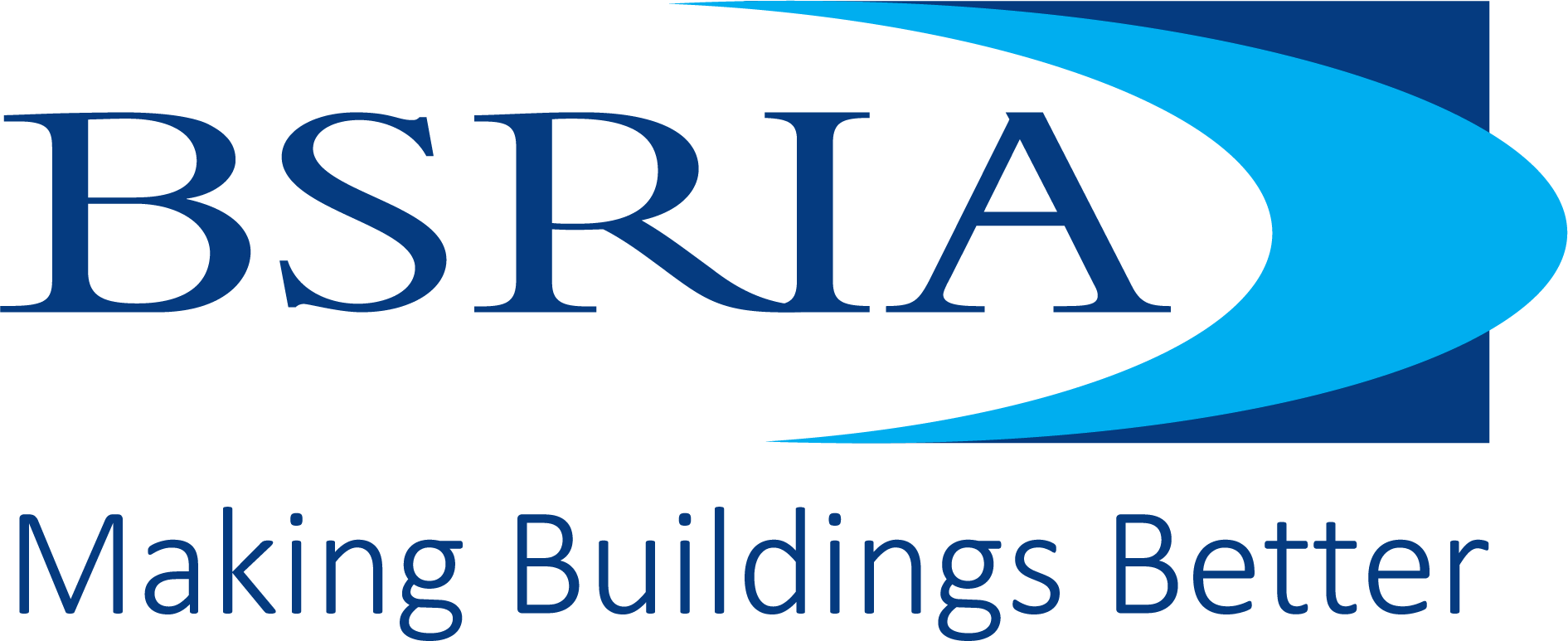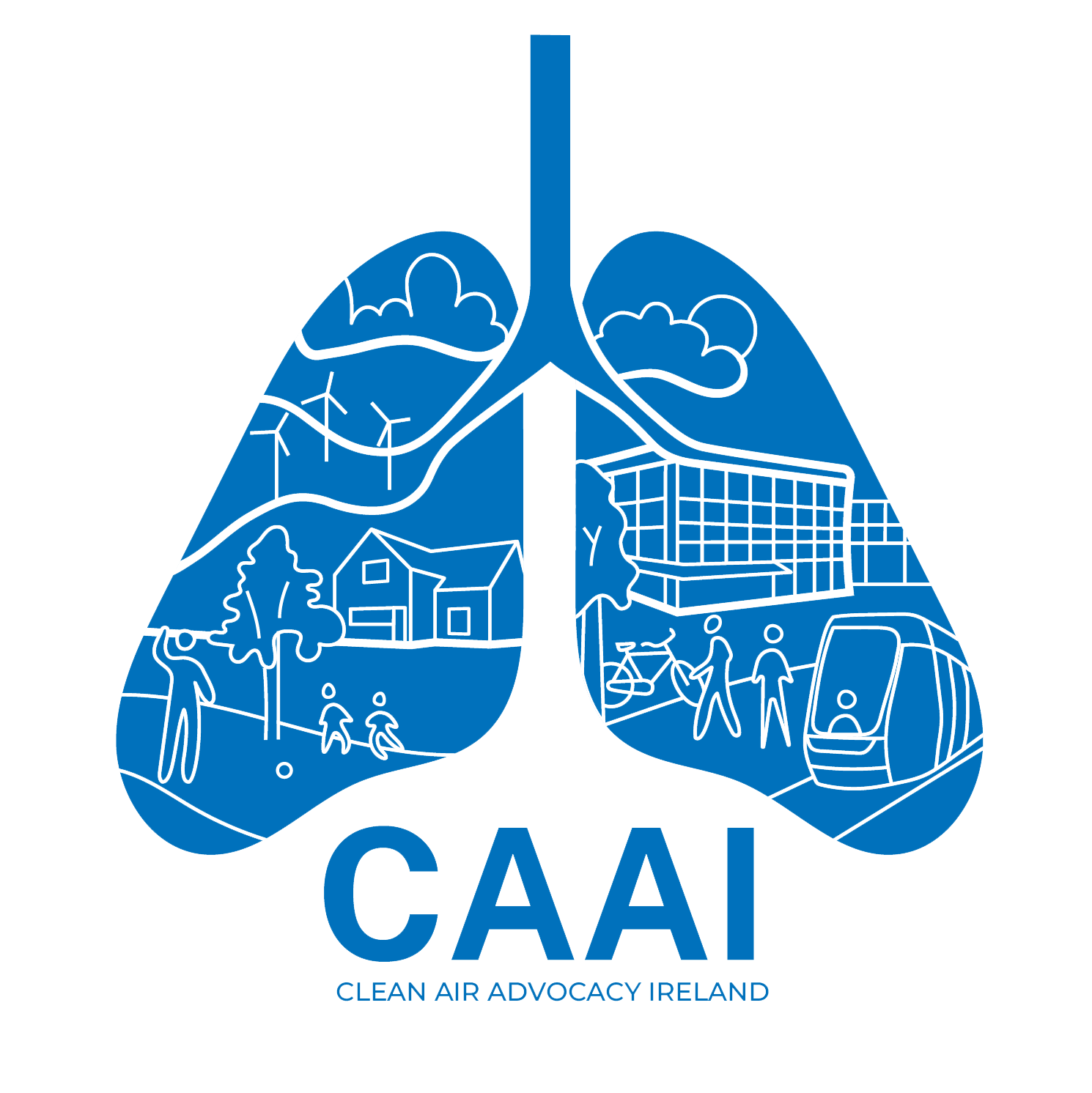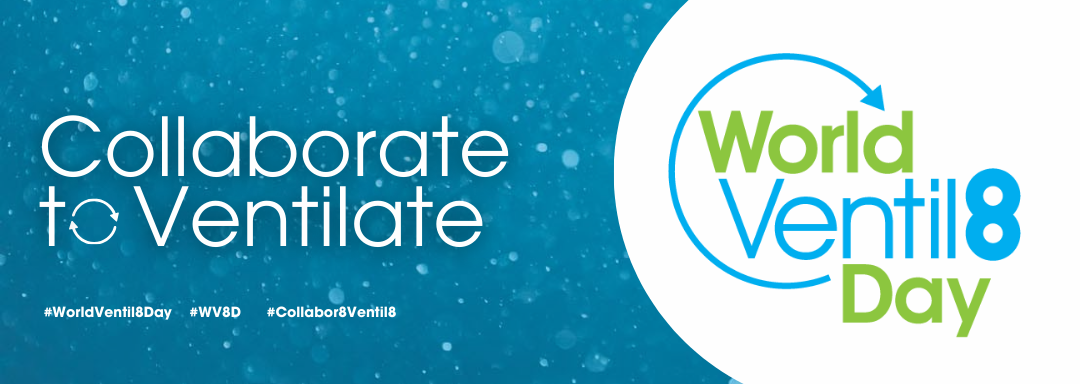
World Ventil8 Day: 8th November
Taking place every year on 8th November, World Ventil8 Day aims to raise awareness of the importance of ventilation as a crucial part of enabling health and wellbeing of people. It also seeks to recognise and celebrate the ventilation and indoor air quality community. We want you to be part of it, whether you are a ventilation professional or someone with a passion for fresh air in your buildings.
Our 2025 World Ventilation Day theme is "Collaborate to Ventilate"
We want to shout about everything that is great about ventilation and how we have worked together. Share your stories about how you have worked with others to develop new technologies, make real changes to ventilation for energy and health, provide guidance and information, support new evidence on the importance of ventilation and champion the training and development of people who deliver clean air.
#WorldVentil8Day #Collabor8Ventil8
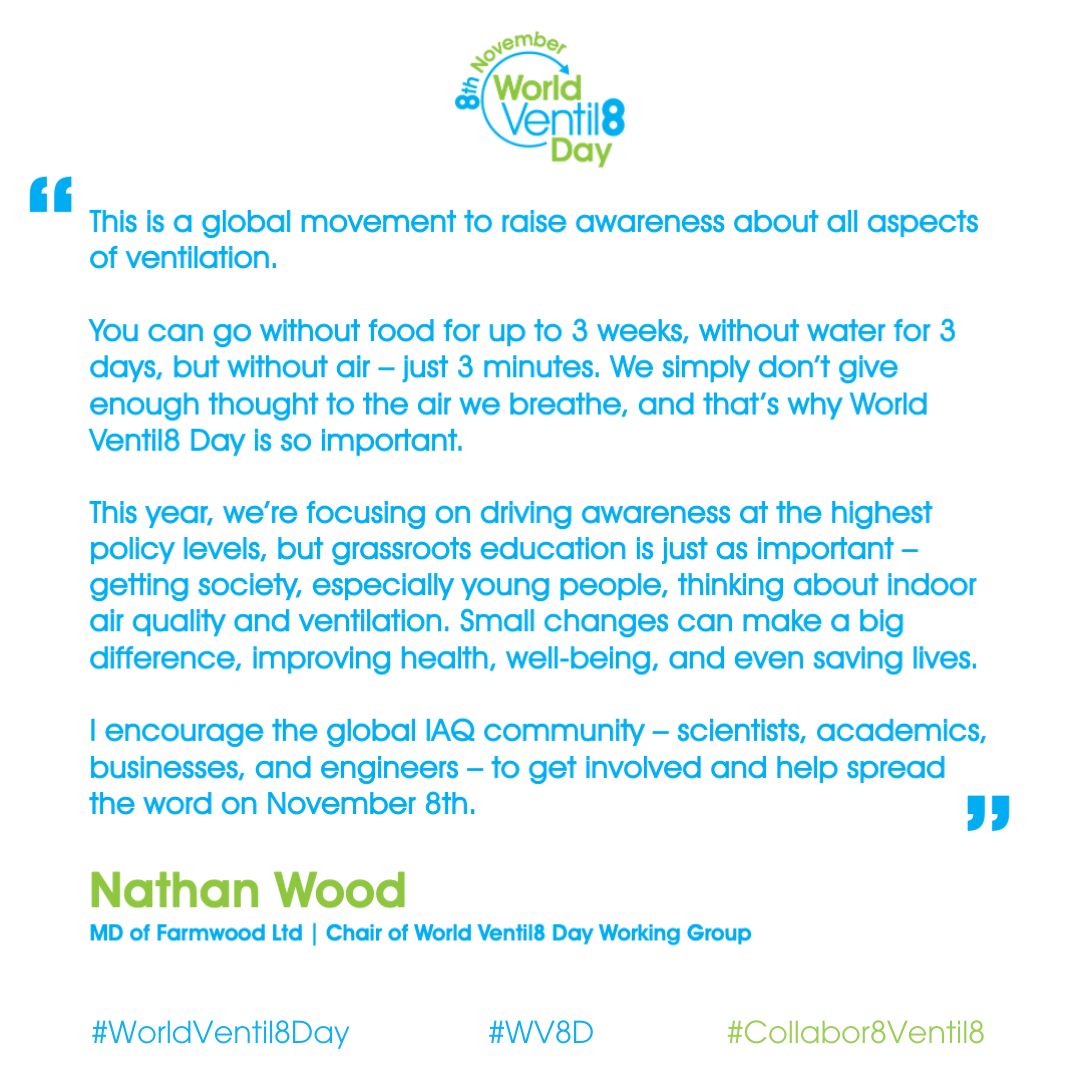
WorldVentil8Day Toolkit
Download our logo, posters, social images and web banners and use them to show your support for #WorldVentil8Day.
A Breath of Fresh Air
A new 2025 report from the Royal College of Physicians (RCP) examines the effects of air pollution on health throughout the life course and calls on the UK government to address air quality as a public health issue. This includes indoor air where exposures to a wide range of pollutants and microorganisms can have a lasting impact on health. Access the report for free here.
Who are we?
#WorldVentil8Day has been initiated by a group of researchers and professional bodies who are passionate about the importance of ventilation.
The Future Urban Ventilation Network is funded by the UKRI SPF Clean Air Programme and brings together researchers, practitioners and policy makers to consider the complexities of enabling health based building and city ventilation.
The Building Engineering Services Association (BESA) is the UK's trade body for the HVAC sector. It works with the industry to sets standards, publish best practice, raise standards and ensure better buildings for all.
The Chartered Institution of Building Services Engineers (CIBSE) is the professional body that exists to advance and promote the art, science and practice of building services engineering, to invest in education and research, and to support our community of built environment professionals in their pursuit of excellence.
The Institution of Mechanical Engineers (IMechE) provides life-long learning opportunities for its 115,000 members, who contribute to some of the most outstanding developments in mechanical engineering.
The Federation of Environmental Trade Associations (FETA) is the recognised UK body representing the interests of over 400 manufacturers, suppliers, installers and contractors within the heating, ventilating, building controls, refrigeration & air conditioning industry to policy makers and the wider public.
The Federation of European Heating, Ventilation and Air Conditioning associations (REHVA) is an umbrella organization that represent over 120,000 HVAC designers, building services engineers, technicians and experts across 26 European Countries.
The Air-Conditioning, Heating, and Refrigeration Institute (AHRI) is the trade association representing manufacturers of heating, ventilation, air conditioning, commercial refrigeration (HVACR), and water heating equipment in the USA.
AREA, the European association of refrigeration, air conditioning and heat pump (RACHP) contractors voices the interests of 25 national associations from 21 countries representing 13,000 companies employing 110,000 people and with an annual turnover approaching € 23 billion.
The United Nations Environment Programme (UNEP) is the global authority that sets the environmental agenda, promotes the coherent implementation of the environmental dimension of sustainable development within the UN system and serves as an authoritative advocate for the global environment.
TAPAS (Tackling air pollution in schools) is funded as part of the SPF Clean Air Programme and is developing the research base to design and operate healthy schools now and in the environment of the future.
Clinically Vulnerable Families (CVF) was founded in August 2020 to support, educate, assist, advocate and campaign for clinically vulnerable families in the United Kingdom due to the risks posed by Covid-19.
CleanAir4V - Network on Air Pollution Solutions for Vulnerable Groups is an interdisciplinary network of academics, stakeholders and industry with the aim of developing and delivering co-designed air pollution solutions.
AIRAH is the leading trade body for the HVAC&R sector in Australia and aims to create a sector that is highly skilled and professional, safe, sustainable and environmentally effective.
The Indoor/Outdoor Bioaerosols Interface and Relationships Network (BioAirNet) is one of the six networks funded through the second of the UK Research & Innovation (UKRI) Strategic Priorities Fund (SPF) Clean Air Programme.
The Clean Air Programme aims to bring together leading researchers from across atmospheric, medical and social science to better predict exposure to air pollution and its effects on vulnerable groups and identify practical and usable solutions to air pollution.
GCP Europe is the voice of the building services engineering sector, mechanical contractors, plumbers and HVAC installers. It represents their interests at the European Union level and, by doing so, contributes to the achievement of EU's climate, energy and prosperity goals.
The International Society of Indoor Air Quality and Climate (ISIAQ) is an international, independent, multidisciplinary, scientific, non-profit organization whose purpose is to support the creation of healthy, comfortable and productive indoor environments.
NAQTS is on the Lancaster University campus, whose mission is to provide independent, reliable and holistic air quality information, to inform choices and improve quality of life.
The Confederación Nacional de Instaladores (CNI) is the Spanish trade body representing over 5000 associated companies who are dedicated to the installation and maintenance of building services.
ASHRAE (the American Society of Heating, Refrigerating and Air-Conditioning Engineers) seeks to improve well-being through sustainable technology for the built environment focusing on building systems, energy efficiency, indoor air quality and refrigeration within the industry.
The AIVC (Air infiltration and Ventilation Centre) is the International Energy Agency’s information centre on energy efficient ventilation. They offer industry and research organisations technical support aimed at optimizing ventilation technology.
